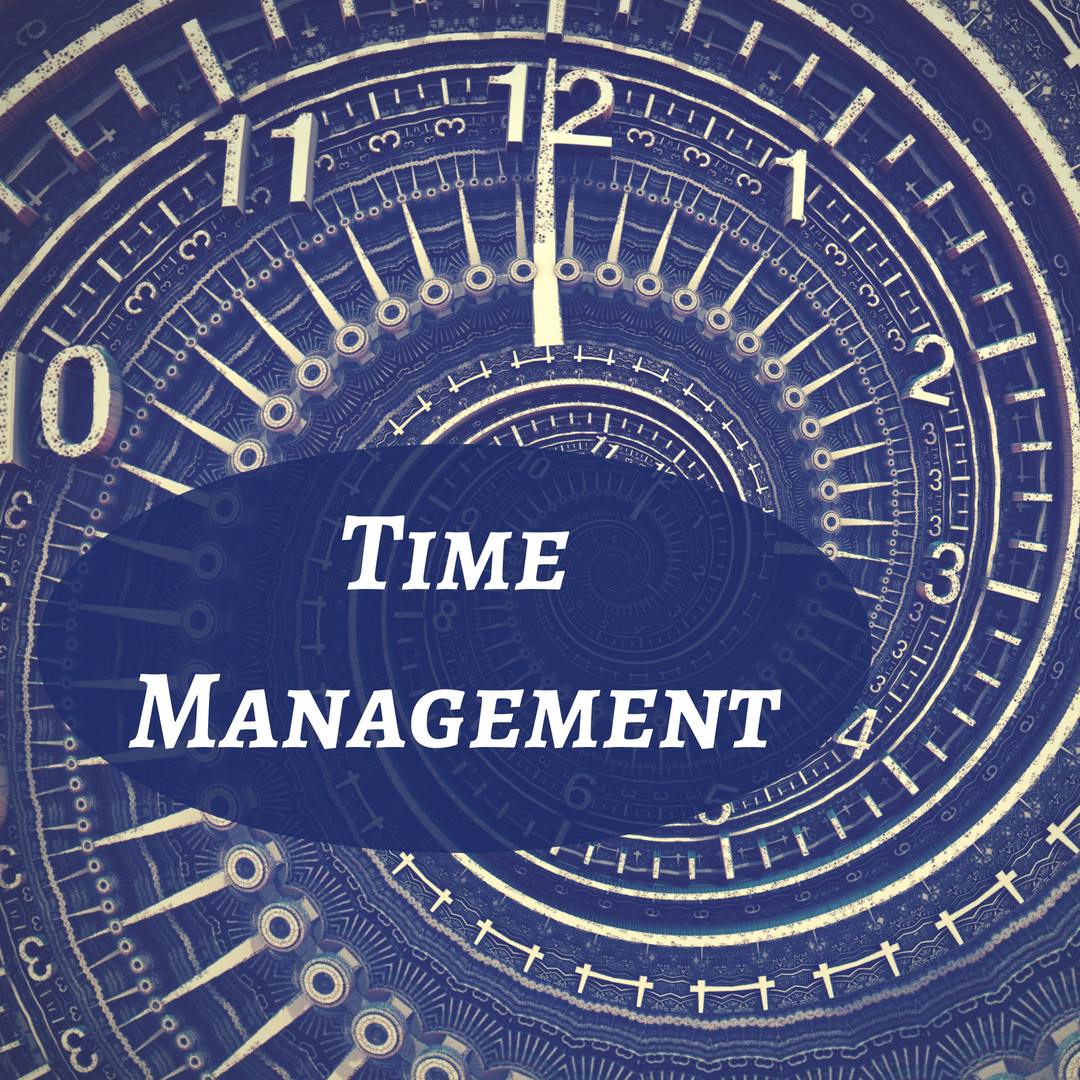As most of us know, this month (November) is known to writers as “NaNoWriMo” or “National Novel Writing Month.” I’m actually giving a NaNoWriMo workshop at my local library on Nov. 6 so I thought I’d tie it into my time management blog here and share on the subject since the two are integrally related – and help you (whether or not you participate in NaNoWriMo, or would just like to start, finish or publish your next book as soon as possible) focus on churning out some pages and getting them published!
First a Little History
NaNoWriMo is a creative writing project and was started in July, 1999 by freelance writer Chris Baty in San Francisco Bay with 21 participants. It was moved to November in 2000 to “to more fully take advantage of the miserable weather” and launched an official website. Participants attempt to write a 50,000 word manuscript between Nov. 1-30. By the 2010 event, over 200,000 participants wrote over 2.8 billion words. In 2013, January and February were deemed NaNoWriMo’s “Now What?” Months, designed to help novelists during the editing and revision process with a goal of getting published.
It’s All About the Numbers
To win NaNoWriMo, which focuses on quantity or length and awards those who finish, participants must write an average of approximately 1,667 words per day in November to reach the goal of 50,000 words. Let’s see, my newest novel, The Jealous Son, due out next year, is 80,270 words (before editing). I actually was working from home primarily as a full-time author during the time I wrote it (between Jan.-April 2017). I was lucky, I had quit my day job and I could focus on my writing. I learned that a “system” that worked for me was to write during my “prime time” of day – from the time I woke up, coffee in hand, at 7 am until I felt worn out from writing and needed to work on my other “jobs,” (marketing my other books, teaching writing at my local college and as a book coach) – which was typically around 1-2 pm. I figured I could write 3 pages in 2 hours…which meant about 9-10 pages a day. One day at a time I got it finished, edited and submitted to a literary agent by July…and it’s being published in June, 2019!
When you focus and concentrate your best time to a project, you achieve the quickest and best results. Of course you can only do what you can do. But the bottom line is to schedule writing time into your week and stay focused!
Decisions and Deadlines
Organizers of the event say that the aim is to get people to start writing, using the deadline as an incentive to get the story going and to put words to paper. As a former news reporter, I’ve always worked best with a deadline. But you also have to make some choices in advance of putting pen to paper.
Make those choices as soon as possible so you can be free to write. Come up with a good catchy title (narrow your selection to two or three and Google said titles to see if they are unique (or close). Come up with your character outlines too so you “know” your characters and they can flow along with your plot (see below). Do as much research up front as possible. Also devise a timeline for your narrative so you don’t lose track of your characters’ ages, birthdays, etc. And know your readers (or audience) which will help determine your genre.
Put the Finish Line First
How does your story end? You need to know before you start! Decide on your storyline or plot and write it down in a chapter outline. I am a firm believer (as a marketing expert) in the need for a plan. If you have a chapter outline, you will have a road map to get where you’re going much faster and easier than if you don’t.
Do you know where you want your novel to end up? In the hands of friends and family? On the New York Times Bestseller List? In the hands of movie producers for adaptation? This will be important when it comes to making more choices down the line such as finding a publisher, marketing your book and setting goals for yourself. Finally, what message do you want to leave for your readers? (I also believe the best books and movies leave a message – be it educational, informational, inspirational or transformational – behind. Decide what you want your readers to get out of your book so you stick to the main message.
Save the Editing for Later…but Still Use Good Style
You don’t want to have writer’s block too soon in the game, which is why you want to edit your work at the end – after you’re finished writing. If you get too bogged down in word choices and proper grammar, you may lose your motivation, creative genius or writing zest – and it may take ages before you’re done. BUT, do use all of the recommendations of those who know the craft (and if you don’t know, read books on it like “Elements of Style” by Strunk & White, take a writing course, go to a good writers conference or email me). Show not tell, use strong nouns and verbs, don’t use clutter, etc. etc. The more effort you spend in writing well up front, the less work you’ll have to do later.
Now go forth, write, write, write! And make sure you celebrate when you’re all done – let me know and I’ll celebrate too!
Michele Chynoweth is the award-winning author of The Faithful One, The Peace Maker and The Runaway Prophet, contemporary suspense/romance novels based on Old Testament stories in the Bible that get across God’s messages to today’s readers through edgy, fast-paced fiction. Michele is also an inspirational speaker, college instructor on book writing, publishing and marketing, and book coach/editor who helps writers become successful authors. A graduate of the University of Notre Dame, she and her husband have a blended family of five children.
Social Media/Website Links:
Website: michelechynoweth.com
Blog: michelechynoweth1.wordpress.com
Facebook Author Page: ModernDayBibleStories
Twitter: AuthorMichele
You Tube: MicheleChynoweth



 We love helping your growing in your writing career.
We love helping your growing in your writing career.

2 Comments
I am participating in NaNoWriMo. Excited to have a new story in the works. 🙂
Michel,
Thank you so much for these practical tips for writing. I enjoyed your post.